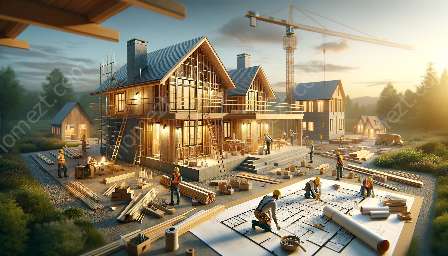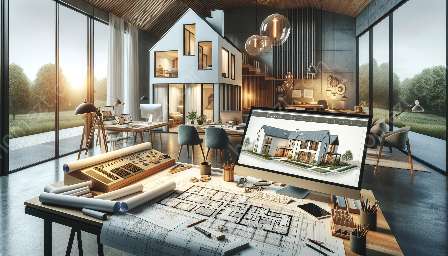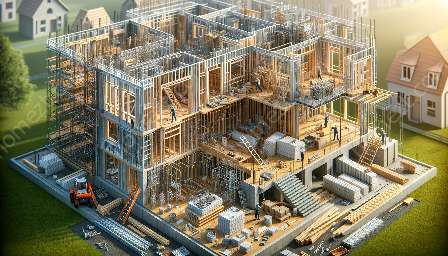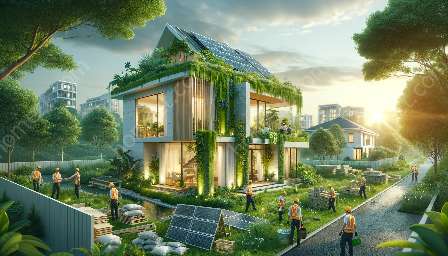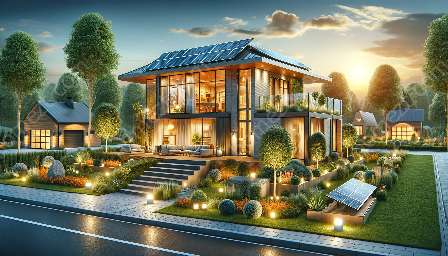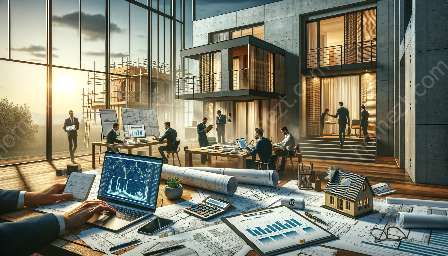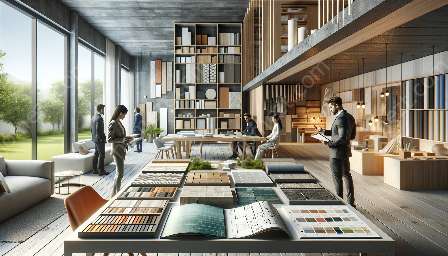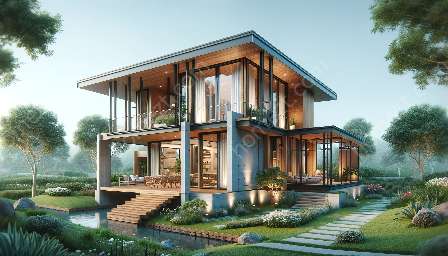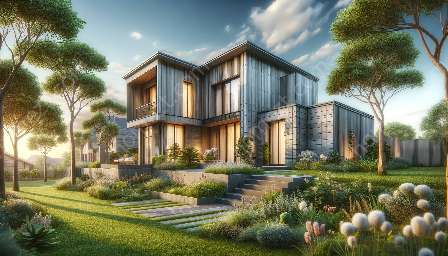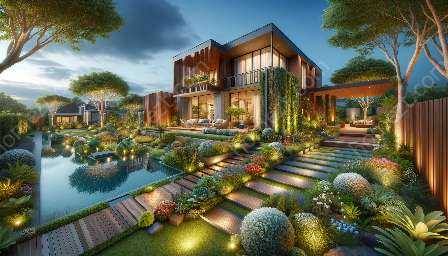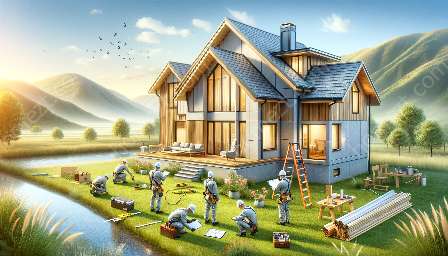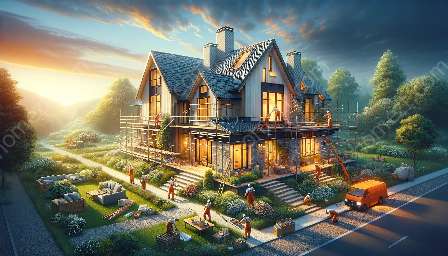Energy-efficient home design is a crucial aspect of creating sustainable and comfortable homes. In today's world, where energy consumption and environmental impact are major concerns, integrating energy-efficient design principles into home construction is essential. This article explores the benefits of energy-efficient home design, tips for working with home builders to create energy-efficient homes, and key considerations for homeowners planning to build or modify their homes to be more energy-efficient.
The Benefits of Energy-Efficient Home Design
Energy-efficient home design offers a wide range of benefits, both for homeowners and the environment. From reduced energy costs and improved comfort to lower environmental impact, energy-efficient homes contribute to a sustainable future.
Reduced Energy Costs
One of the primary benefits of energy-efficient home design is the potential for significant cost savings on energy bills. By integrating energy-saving technologies and practices, homeowners can lower their energy consumption, resulting in reduced utility expenses over the long term.
Improved Comfort
Energy-efficient homes are designed to provide superior comfort and air quality for occupants. Proper insulation, efficient heating and cooling systems, and smart design features contribute to a more comfortable living environment, with consistent temperatures and improved indoor air quality.
Lower Environmental Impact
Reducing energy consumption in homes helps lower the overall environmental impact of residential buildings. Energy-efficient design features, such as high-performance windows, efficient appliances, and renewable energy systems, contribute to decreased carbon emissions and resource depletion.
Increased Resale Value
Energy-efficient homes often have higher resale value, as they are attractive to environmentally conscious buyers who appreciate the long-term cost savings and sustainable benefits of such properties.
Tips for Building an Energy-Efficient Home
When working with home builders to create an energy-efficient home, there are several key considerations to keep in mind. From selecting the right building materials to incorporating sustainable design features, homeowners can play a proactive role in ensuring that their new homes are energy-efficient.
Consult with Knowledgeable Professionals
Engage with experienced home builders and energy consultants who understand the principles of energy-efficient design. These professionals can offer valuable guidance and recommendations, helping homeowners make informed decisions throughout the construction process.
Choose High-Performance Building Materials
Opt for building materials that offer high levels of insulation, durability, and energy efficiency. From advanced insulation products to energy-efficient windows and doors, selecting high-performance materials is essential for creating a well-insulated and airtight building envelope.
Integrate Renewable Energy Solutions
Consider integrating renewable energy solutions, such as solar panels or geothermal heating systems, into the home design. These sustainable energy sources can further reduce the home's reliance on traditional grid-based electricity and heating, diminishing long-term energy costs and environmental impact.
Embrace Passive Design Principles
Implement passive design strategies that leverage natural light, ventilation, and thermal mass to reduce the need for mechanical heating and cooling. Orienting the home to maximize solar gain and incorporating shading elements can enhance energy efficiency and occupant comfort.
Considerations for Homeowners
For homeowners seeking to improve the energy efficiency of their existing homes or make informed decisions when purchasing new properties, understanding key considerations and available options is crucial.
Energy Retrofitting and Remodeling
Homeowners can explore energy retrofitting options to improve the energy efficiency of their existing homes. This may involve upgrading insulation, replacing outdated systems with energy-efficient alternatives, and implementing smart technologies to monitor and manage energy consumption.
Energy-Efficient Appliance Selection
When purchasing new appliances, homeowners should prioritize energy-efficient models that bear the ENERGY STAR label or other relevant certifications. Choosing appliances with high energy efficiency ratings can significantly reduce overall energy consumption.
Understanding Energy Performance Ratings
Understanding energy performance ratings, such as the Home Energy Rating System (HERS) index or ENERGY STAR certification, can help homeowners evaluate the energy efficiency of prospective homes and make informed decisions when buying or renovating properties.
Working with Home Builders
Home builders play a pivotal role in the successful implementation of energy-efficient design principles. By collaborating with knowledgeable and experienced builders, homeowners can ensure that their energy-efficient goals are met, from the initial planning stages to the completion of construction.
Communicate Your Priorities
Clearly communicate your priorities for energy efficiency to the home builders, outlining specific goals and expectations regarding energy performance, sustainability, and long-term cost savings. Establishing open communication channels helps align the builders' efforts with the homeowners' vision for an energy-efficient home.
Review Past Projects and Credentials
Review the builders' portfolio and inquire about their experience in constructing energy-efficient homes. Understanding their previous projects, credentials, and expertise in sustainable building practices can instill confidence in the builders' ability to execute energy-efficient home designs.
Regular Monitoring and Quality Assurance
Request regular monitoring of the construction process and implementation of quality assurance measures to ensure that energy-efficient design features are effectively integrated. Ongoing communication and oversight can help address any potential issues and maintain the integrity of the energy-efficient home design.

